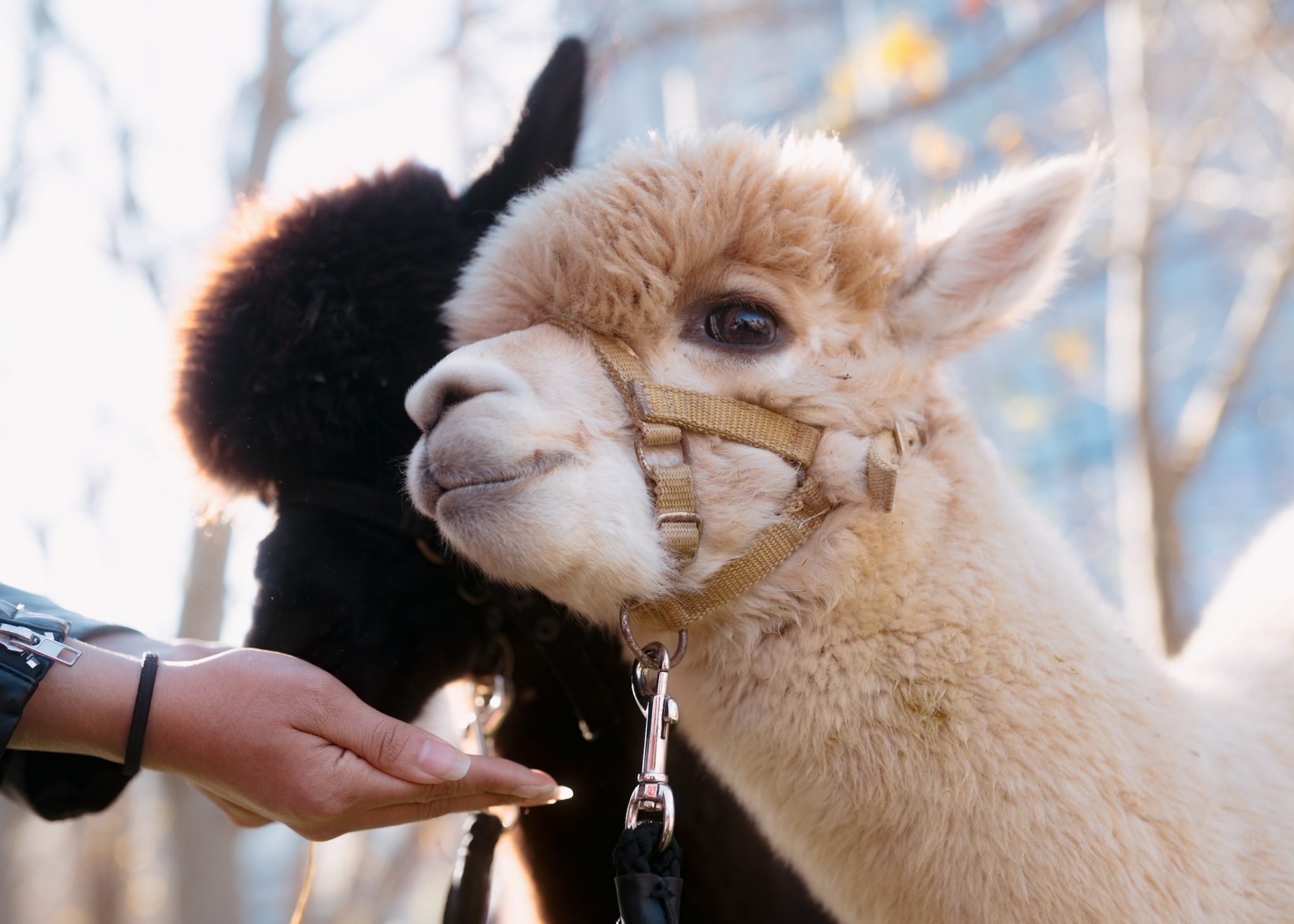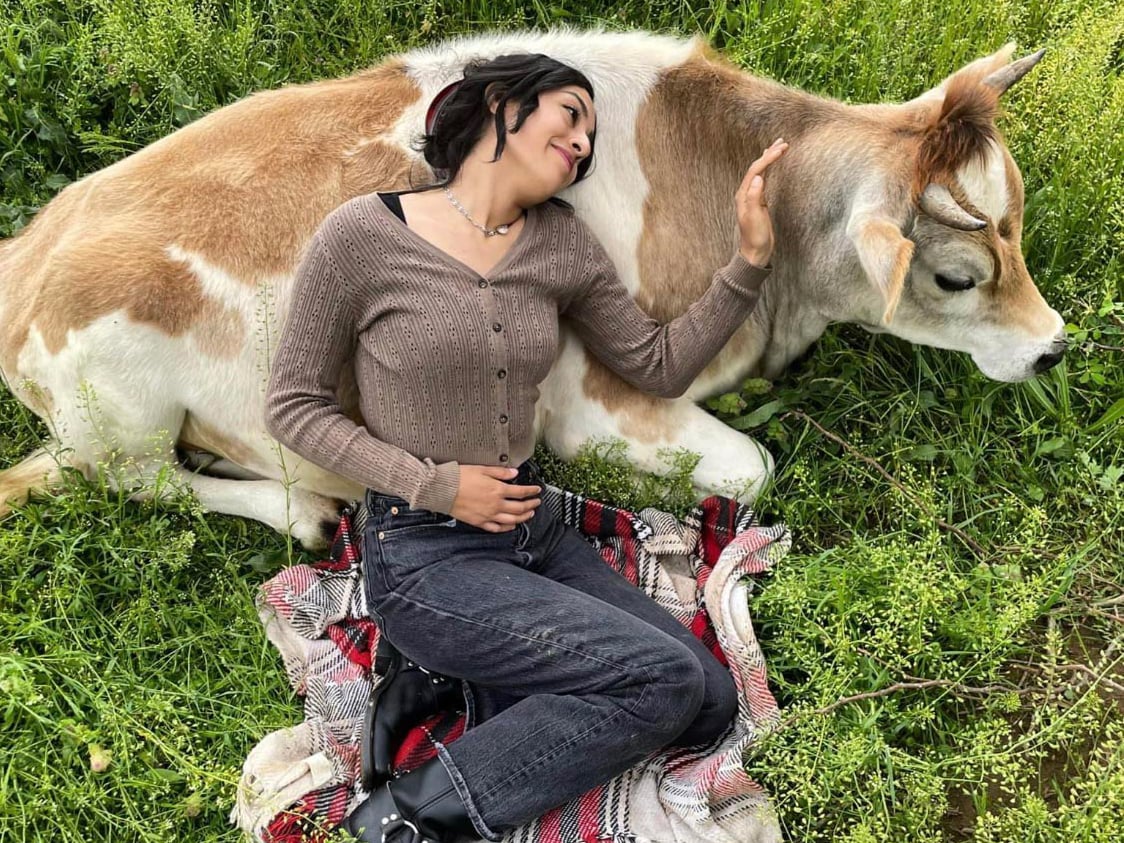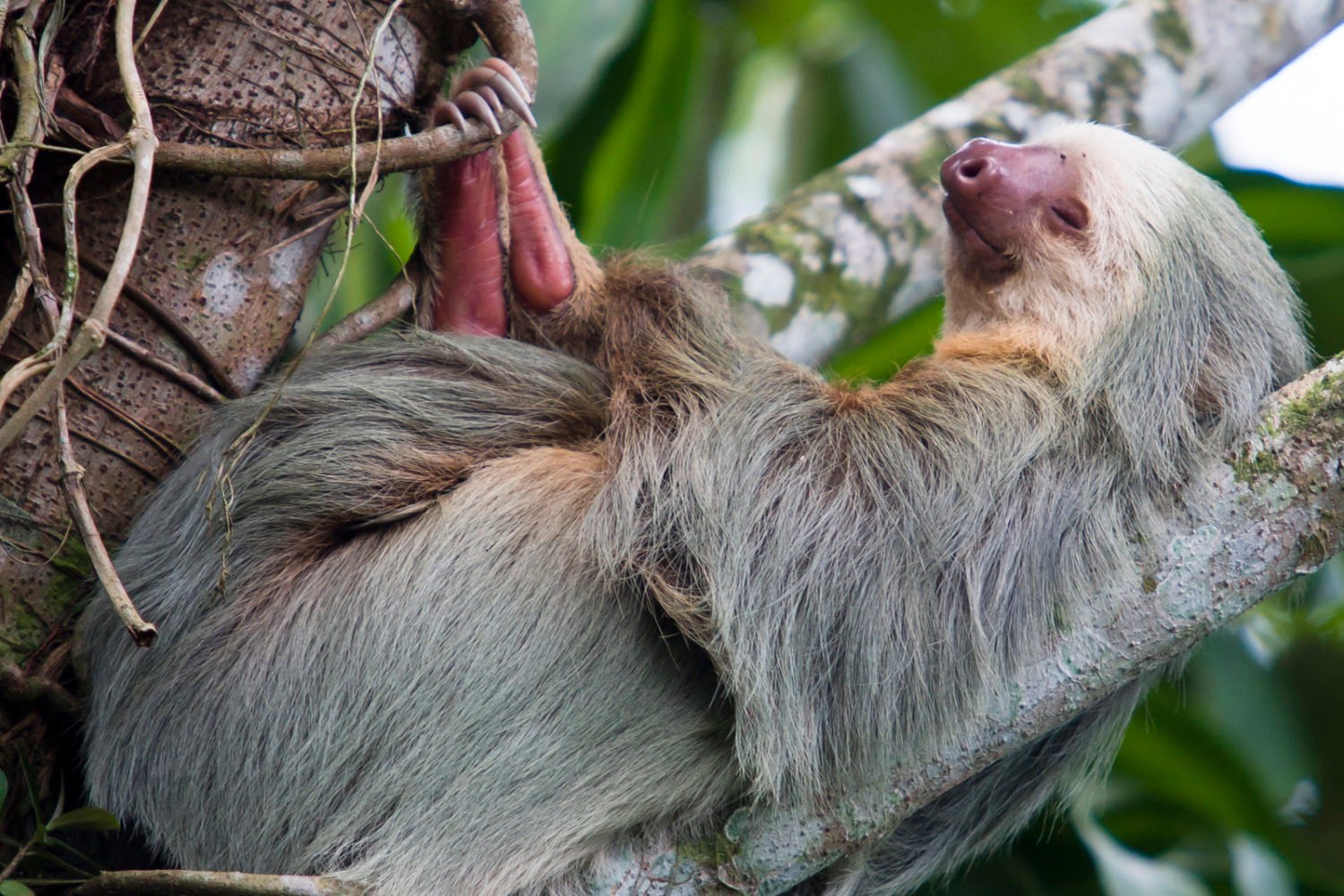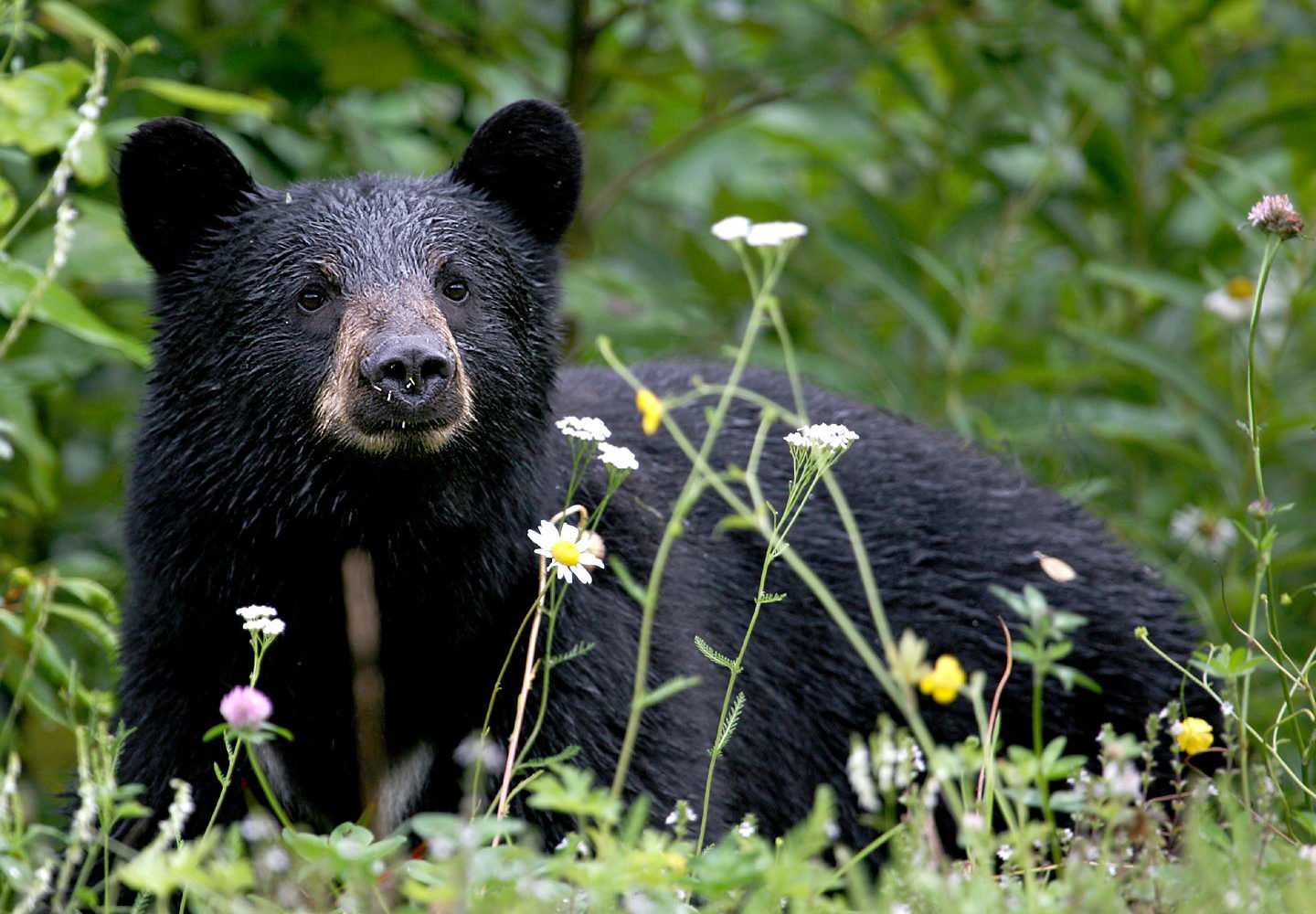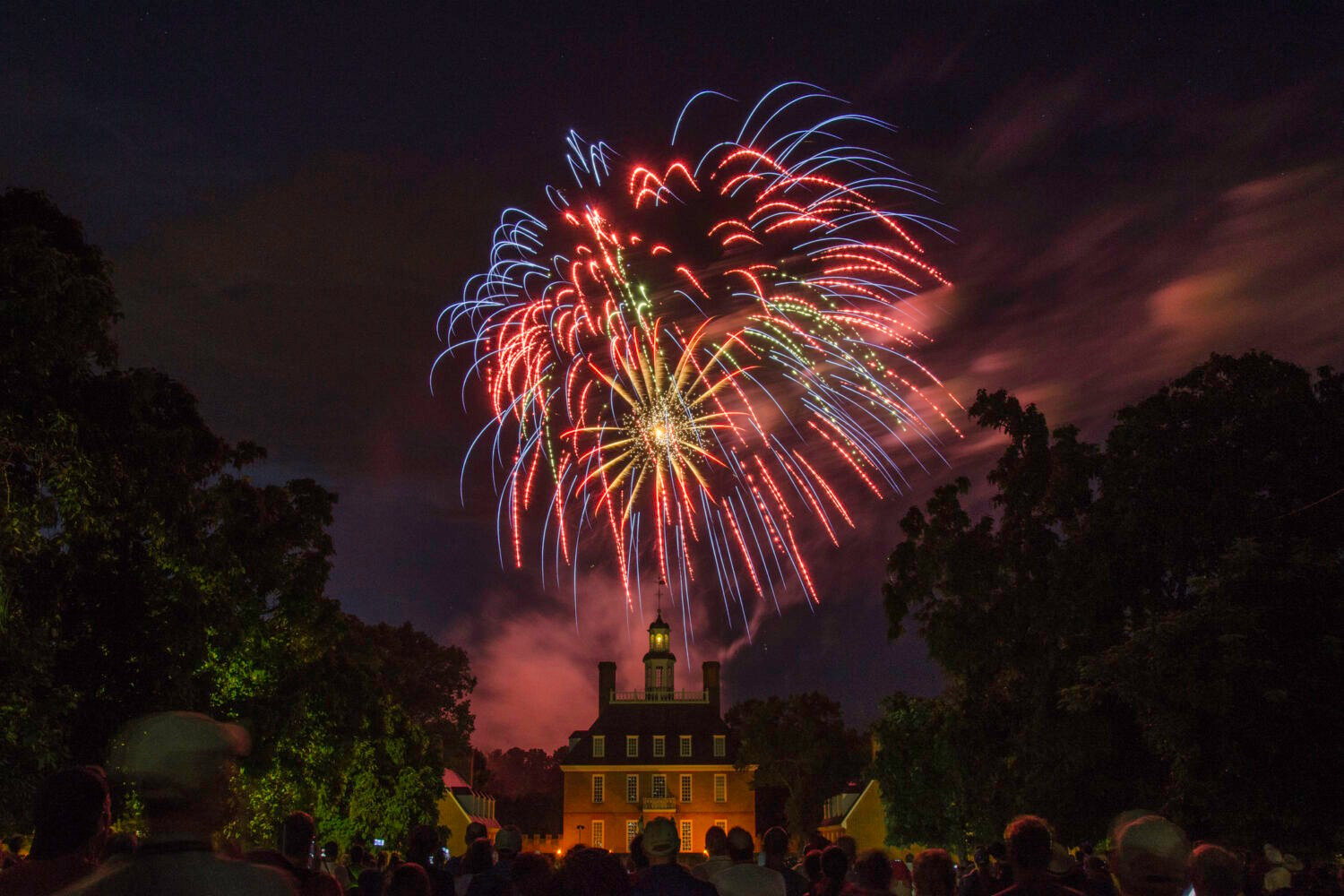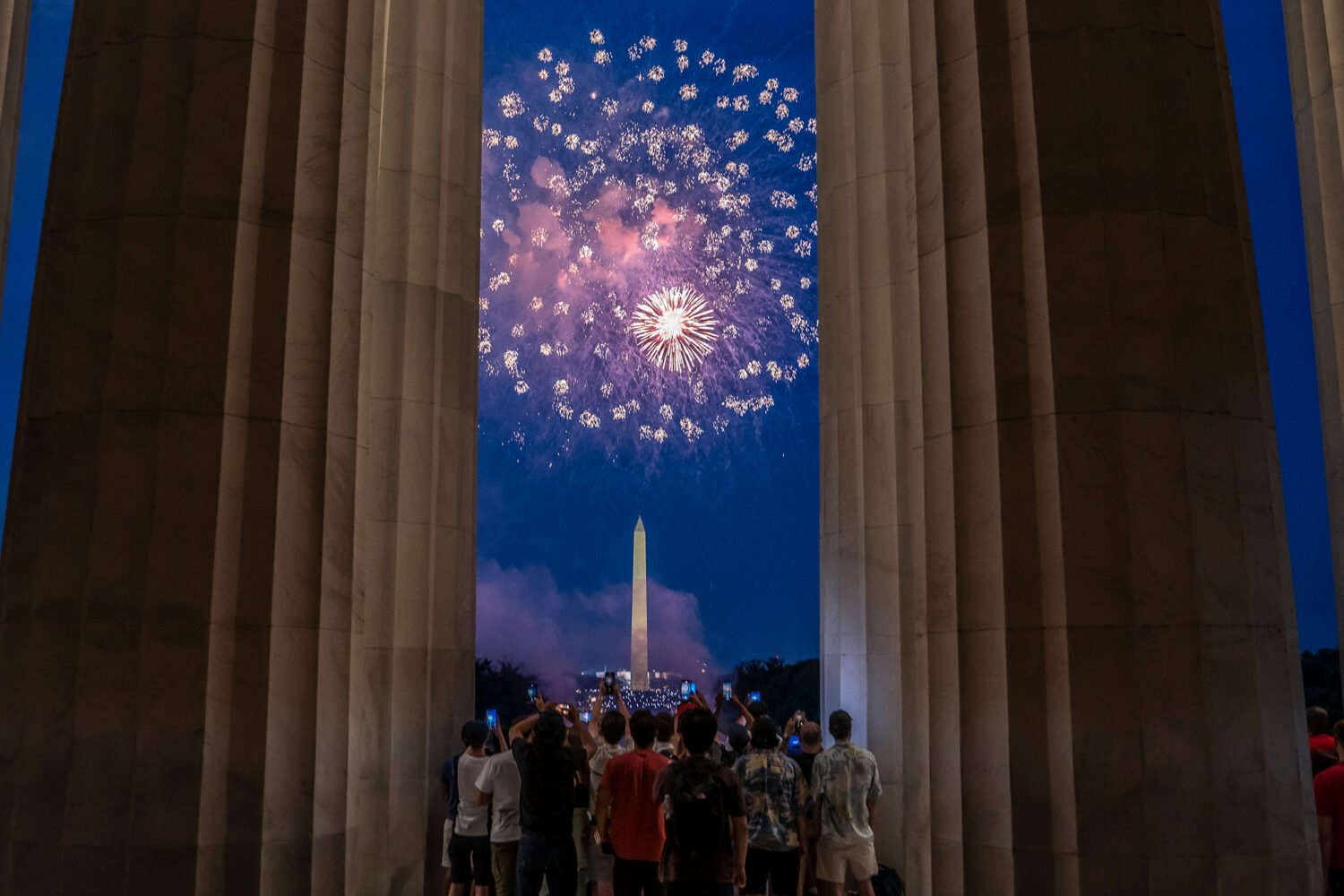Alpaca happy hours. Hiking with alpacas. Alpaca yoga. Birthday parties with alpacas. Although opportunities to snuggle or take selfies with the cute camelid mammals have been around for awhile, it certainly feels like alpacas are more in the zeitgist these days, with photos of the fluffy animals popping up on social media. Sure, studies show that proximity to animals is a proven way to boost both your mood and serotonin levels. And in the DMV you can also cuddle with all sorts of other animals, including cats and cows and goats. Why do alpacas seem more popular of late? We asked some experts.
What’s with all the alpacas?
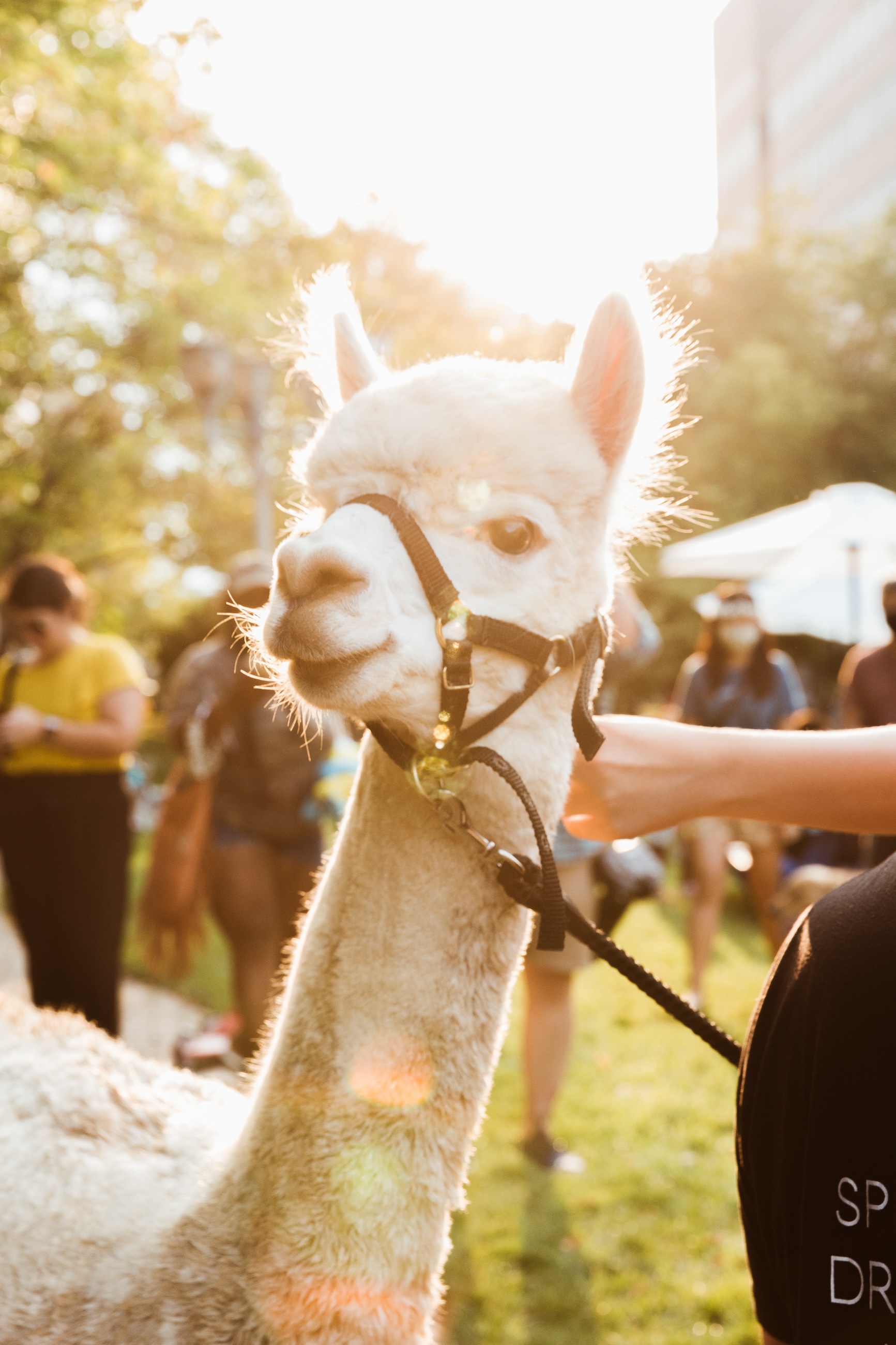
“Alpacas are becoming increasingly popular in the DC area,” confirms Aimee Long, who is not exactly a disinterested party—she’s the owner of Long Meadows Farm in Lovettsville, Virginia, a rescue farm where visitors can interact with alpacas and mini-donkeys and ducks. “I believe this trend has been accentuated by the pandemic. While our farm has been offering visits since 2016, the desire for outdoor activities skyrocketed during the pandemic, prompting people to seek out unique experiences.” According to Long, she maybe got four visits a year for her alpacas pre-pandemic; now, it’s at least five visits a week.
Part of the charm of alpacas, Long says, is that they have a gentle demeanor and a calming presence. (And who couldn’t use that these days?) In fact, they hum when they’re content. The best comparison would be to the relaxed and peaceful purr of a cat. The soft, rhythmic hums, Long says, have a remarkably tranquilizing effect.
Another reason alpacas may be more popular lately could be tied to video games, says Heidi Dallman, the owner at Ever After Alpaca Farm, a facility in Broad Run, Virginia, that takes in rescued alpacas.
“Alpacas have always been there, but people are more focused on them,” Dallman says. “I know there are llamas in Minecraft. So the kids are really attuned to what a llama is and alpacas are their cousins. I think people are noticing them more and even buying them on a whim when they probably shouldn’t.”
Word to the wise: Alpacas are not pets. Dallman’s farm, which also includes rescued horses, has nine alpacas that were rescued due to people’s misunderstanding of all that’s involved in owning alpacas, including diet, upkeep, and the number of alpacas needed to sustain a herd. Dallman says she’s rescued four different alpacas in the last three months.
“They can literally die of loneliness. They can’t be alone,” Dallman says. “So you have to have at least three for them to feel safe. So a lot of people think that they can just purchase a single alpaca and you can’t do that.”
Okay, where can I snuggle and take selfies with alpacas?
Every Friday this May, from 4 to 6 PM, the National Landing location of Peruvian Brothers, a South American eatery known for its Peruvian chicken, is hosting an alpaca happy hour.
𝗔𝘁𝘁𝗲𝗻𝘁𝗶𝗼𝗻 𝗔𝗹𝗽𝗮𝗰𝗮 𝗟𝗼𝘃𝗲𝗿𝘀!
Peruvian Brothers will have live alpacas outside our Amazon HQ2 location every Friday this month (except Mother’s Day weekend) 💐
Come by this Friday from 4pm-6pm for our first Alpaca Happy Hour!!!!
#PeruvianBrothers pic.twitter.com/v2ZudtQ2TY— Peruvian Brothers (@perubrothers) April 30, 2024
Dallman’s Ever After Farm offers hourlong alpaca interaction encounters for $20 a person. Private groups of 10 or fewer can also arrange visits at a $200 flat rate.
Long Meadows Farm offers hourlong tours for $75, and date nights in the pasture can be arranged with advance notice.
Point of View Alpacas in Mt. Sidney, Virginia, offers alpaca hikes through their Walk-A-Paca appointments, which are $35 per alpaca, with a two alpaca minimum.
The Artsy Farmer in Dickerson, Maryland, offers guided alpaca yoga sessions with instructor Marco Piñeyro for $25 a person.
And My Pet Alpaca can bring the alpacas to you for an event, as well as baby goats and bunnies.
What should I know about interacting with an alpaca?
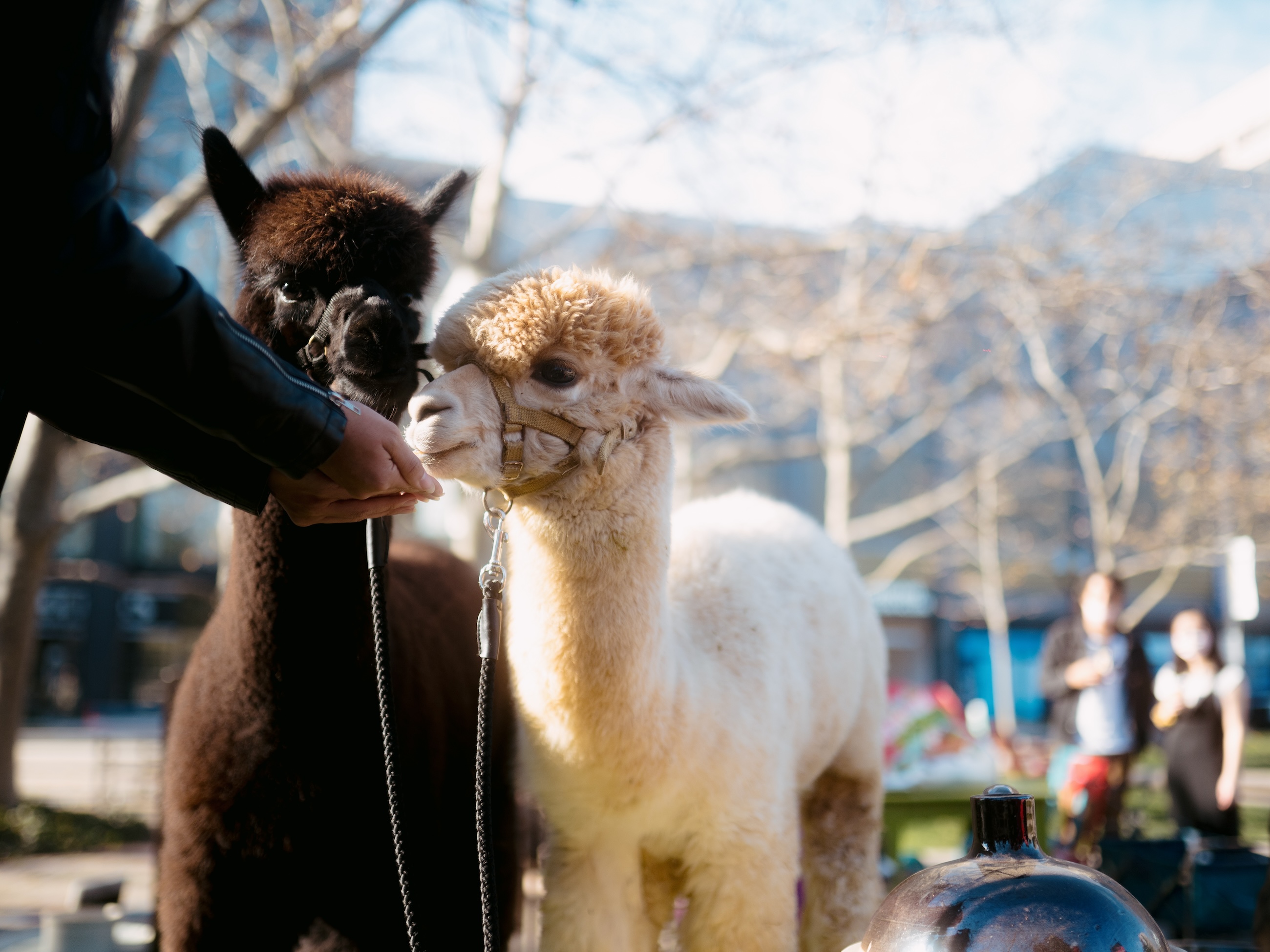
While these creatures are known for their calm demeanors, they are potential allergy triggers for individuals affected by pollen. Unfortunately, this year’s pollen season is predicted to be worse than last year’s and pollen from trees, grasses, and weeds can adhere to the fleece of alpacas, according to Dr. Karen Kaufman, the owner of Kaufman Allergy, Asthma and Immunology.
If you have a history of allergies or asthma, Kaufman says, have some antihistamines or a short-acting bronchodilator inhaler on hand. Also, she recommends changing clothes and taking a shower when you get home.
Some might consider it a small price for a moment of zen.

